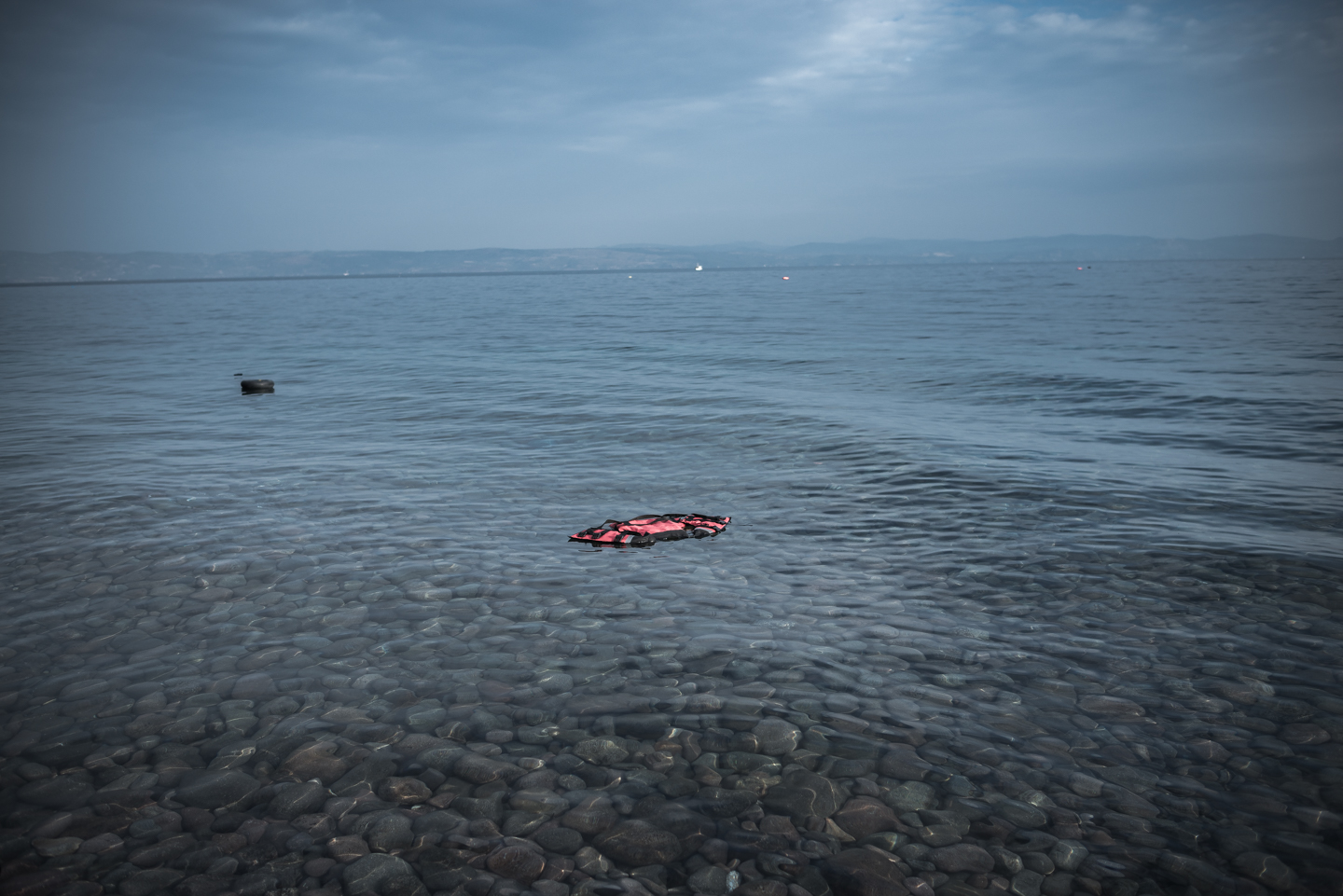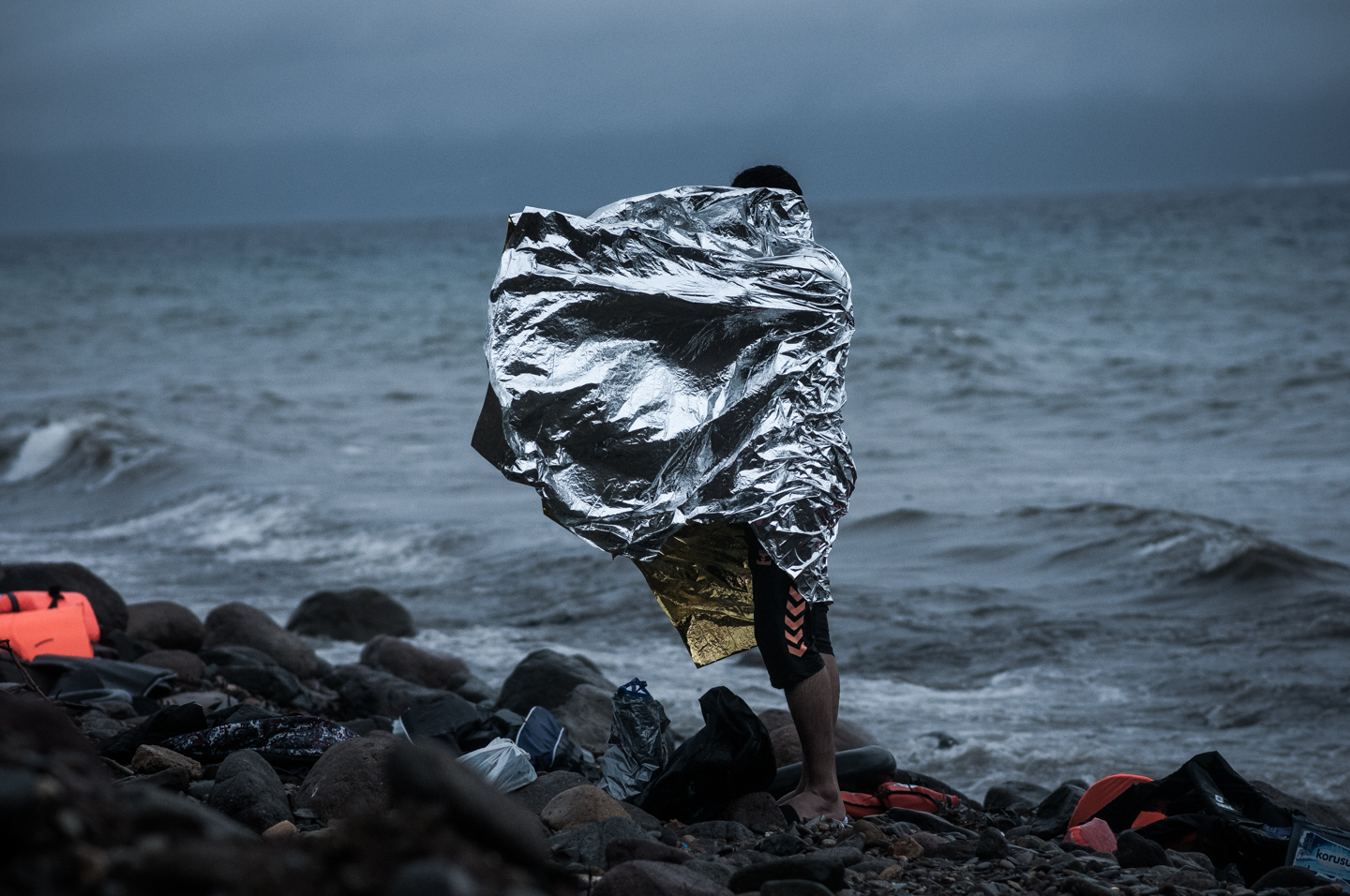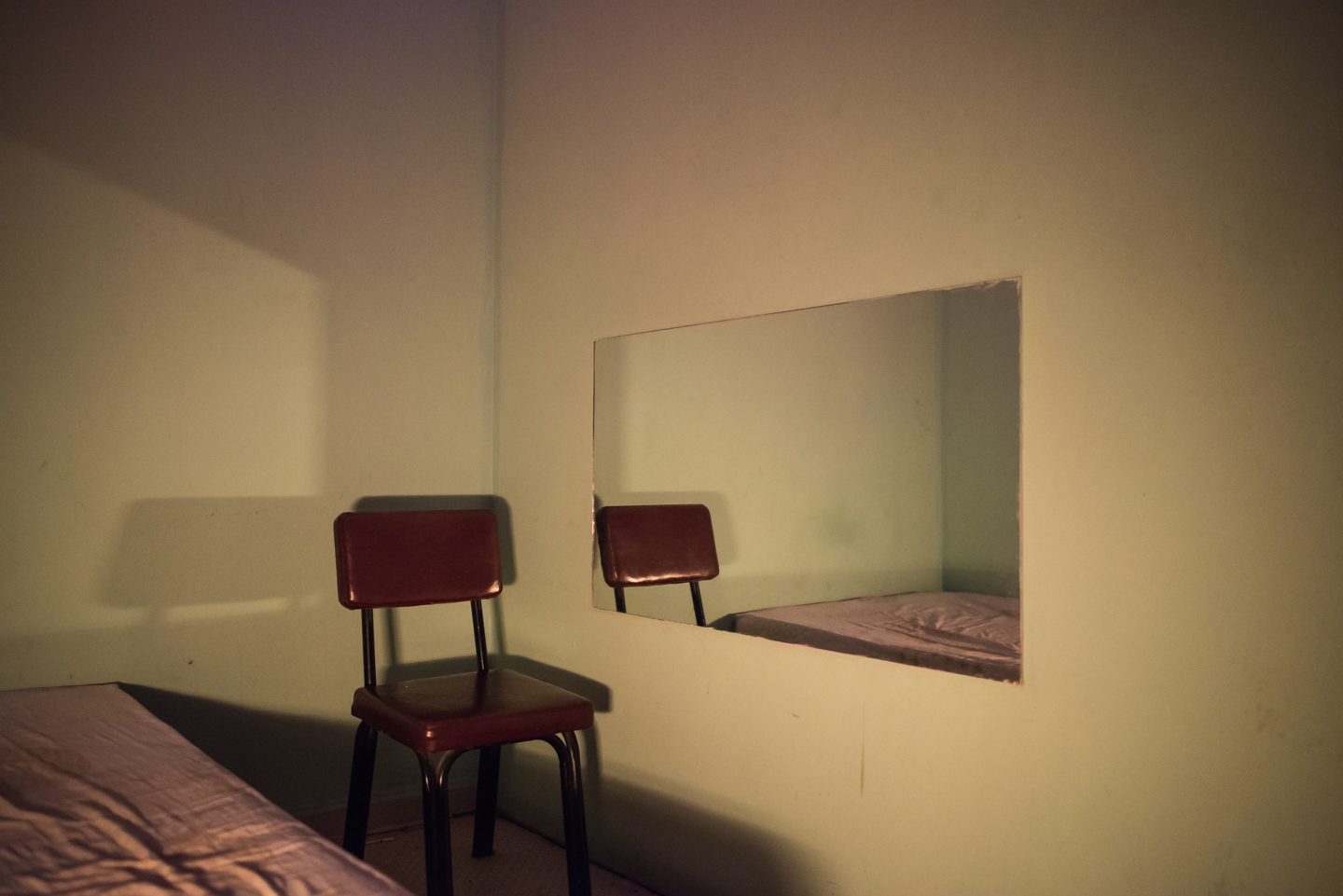
























Greece’s geographical location has turned it into the external frontier of the EU on the East, trying to manage the large flow of migrants and refugees, most of whom wish to go further west to other EU countries. The country is the first gateway to Europe’s mainland for those who have survived, crossing the East borders of Greece (from northeast Evros River to southeast Aegean Sea) including Greece’s capital, Athens. As a major economic centre, the region of Attica and the connected small cities surrounding it (Megara, Corinth, Lavrio and other) have become a temporary shelter for migrants and refugees on their way to the northern greek borders (with FYROM) or to western Greece which is directly connected by ferries to Italy.
In September 2011, Greece started constructing a 12,5 Km ‘anti-immigration’ fence across Evros River which
is the natural Greek-Turkish border. From December 2012 (when the fence was completed) the safest and easiest route to Europe has been shut down. The only alternative is the dangerous sea crossing of the Aegean Sea from Turkey, mostly to the Greek Islands of Lesbos and Kos.
Migrants and asylum seekers, in most cases, don’t have legal papers and passports in order to continue their journey.
A part of their journey:
“My name is Omar, I am from Syria. I came to Greece before two years and three months. I came from Istanbul.”
"My name is Mohammed, I’m from Syria. I used to be a university student”
“My Name is Abdala Omar, I was working in Syria as a teeth technician. I came to Greece illegally, by boat from Turkey.”
“I went of course to Turkey at first, from Turkey I came to Greece. I spent too much money for the smugglers
to bring me here. Now I’m in Greece looking for a legal way at least to get me out of here."
"We arrived near the borders of Greece, from there we walked for three hours to reach the border, after three hours of walking we reached the river. The one that is near Alexandroupolis."
"There we were 20 people, we had two boats and in each boat got 10 people, in our boat we were all from Syria. It was very difficult, because no one knew how to paddle. When we got there (in the Greek side), police was shouting to us, to go back to Turkey. The guys from the other boat, from Morocco, Afghanistan and Pakistan, ran towards Greece. We got out from the boat. The police shouted to us "back!". Women began to cry because
a police officer pulled his gun out. It was far from us, around 70 meters and was screaming "Back! Back! Back!" to go back. I did not want to go because I don’t know how to swim, neither the two women did and of course the baby. We went back on the boat. It was drifting in the middle of the river. It kept drifting. We were afraid and we shouted for help, "Help me! Help me! Help me!” But the police had hidden and we didn’t know what to do.
I told myself that my life ends here. Suddenly the wave pushed us back to the Greek borders. We got out and sat there for half an hour.
I met with the person (the smuggler) in Bodrum. This person took me to a hotel room and he gave me a lifejacket. He told me to stay there until he would called me. At one o’clock in the morning some bus came to take us to the shore. He told us to stay calm and out of sight. In the shore before entering the plastic boat we were told to leave most of our luggages behind to make the boat lighter. After two hours in the sea the smuggler shown us a light in the greek shore and he told us to go towards this point and then he jumped out
of the boat. The first night after my arrival in Kos I stayed in the lobby of a small hotel, two days on the camp and then I got my papers and I went to Athens. I tried two times to pass from FYROM borders."
In December 2014, Mohammed crossed the borders with Skopje, this was his fifth attempt.
In January 2015 he arrived in Austria.
In August 2015, Omar left Greece towards western Europe.
He currently lives in German